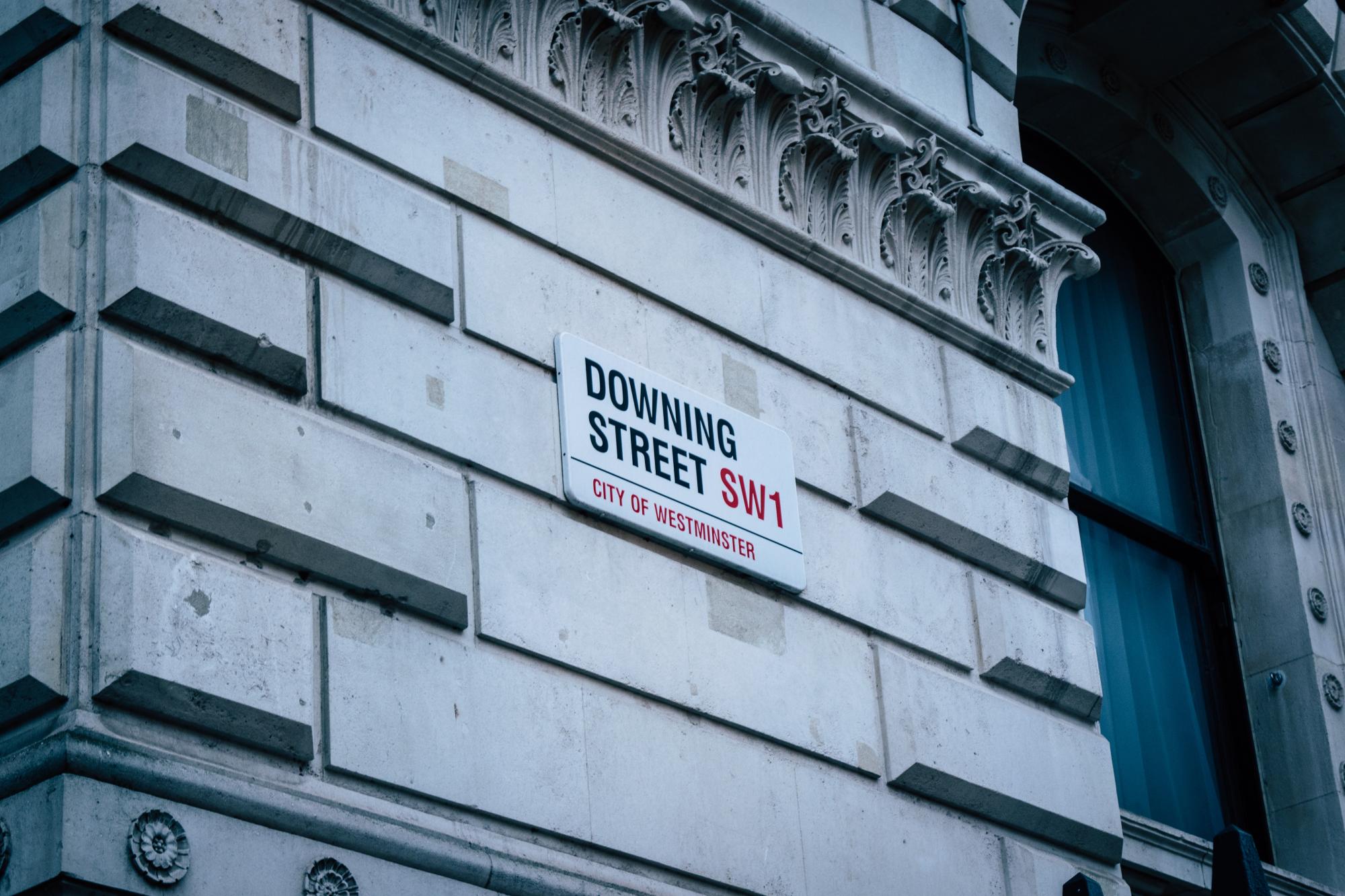Test- FTSE 100 Kicks Off August on a High as BP and Senior Lead Market Momentum
$11
10 Oct 2025, 13:13

Unsplash.com

According to official figures released on Tuesday, Britain's budget deficit in July was lower than anticipated. This gives finance minister Jeremy Hunt some confidence that he might slash taxes later this year, ahead of an anticipated election in 2024.
While the Bank of England continues to raise interest rates to combat excessive inflation, several analysts have cautioned that a downturn or recession in the economy may prevent Hunt from making pre-election concessions.
Last month's net borrowing, excluding loans from state-owned banks, was £4.3 billion, less than the consensus estimate of 5.0 billion in an economist survey conducted by Reuters.
The amount borrowed over the first four months of the fiscal year was £56.6 billion.
That was about £14 billion higher than the same time the previous year, but £11.3 billion less than the predictions made by the Office for Budget Responsibility (OBR), whose calculations serve as the foundation for the government's budgetary policies.
Hunt and Prime Minister Rishi Sunak have so far defied demands from Conservative Party legislators to lower taxes in order to increase their prospects of winning the election, which polls indicate they will lose.
Since taking over at the Treasury late last year, after market volatility brought on by the unfulfilled tax cut promises of former Prime Minister Liz Truss, Hunt has maintained strict control over the public finances.
Public debt is currently at £2.579 trillion, or nearly 98.5% of GDP, according to the Office for National Statistics, up over 2 percentage points from a year earlier and staying steady at high levels last seen in the 1960s.
The amount of interest paid in July increased by £1.5 billion from the same month last year to £7.7 billion, the most for any July since records have been kept in April 1997. However, the agency added that the recent decline in Britain's high inflation, which raises dividends for owners of inflation-linked bonds, could soon lessen that burden.
The self-assessed income tax revenues, which are normally high in July and totalled £11.8 billion, or £2.5 billion higher than in July of the previous year, helped the public finances.
COVID pandemic and last year's spike in energy prices, which forced the government to spend almost 40 billion pounds on subsidies for consumers and companies, both caused a rise in borrowing by the British government.
(Sources: investing.com, reuters.com, ons.gov.uk, obr.gov)